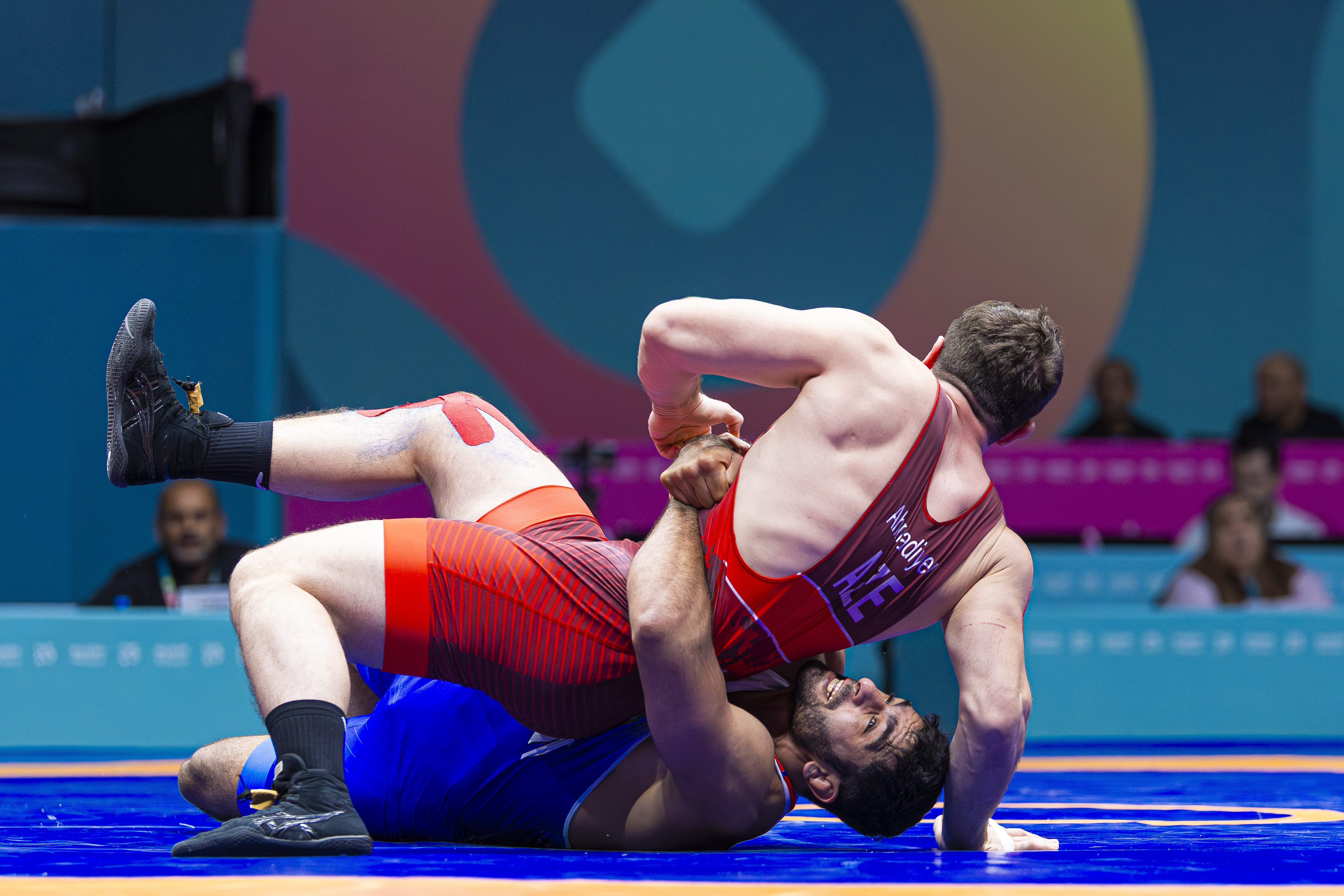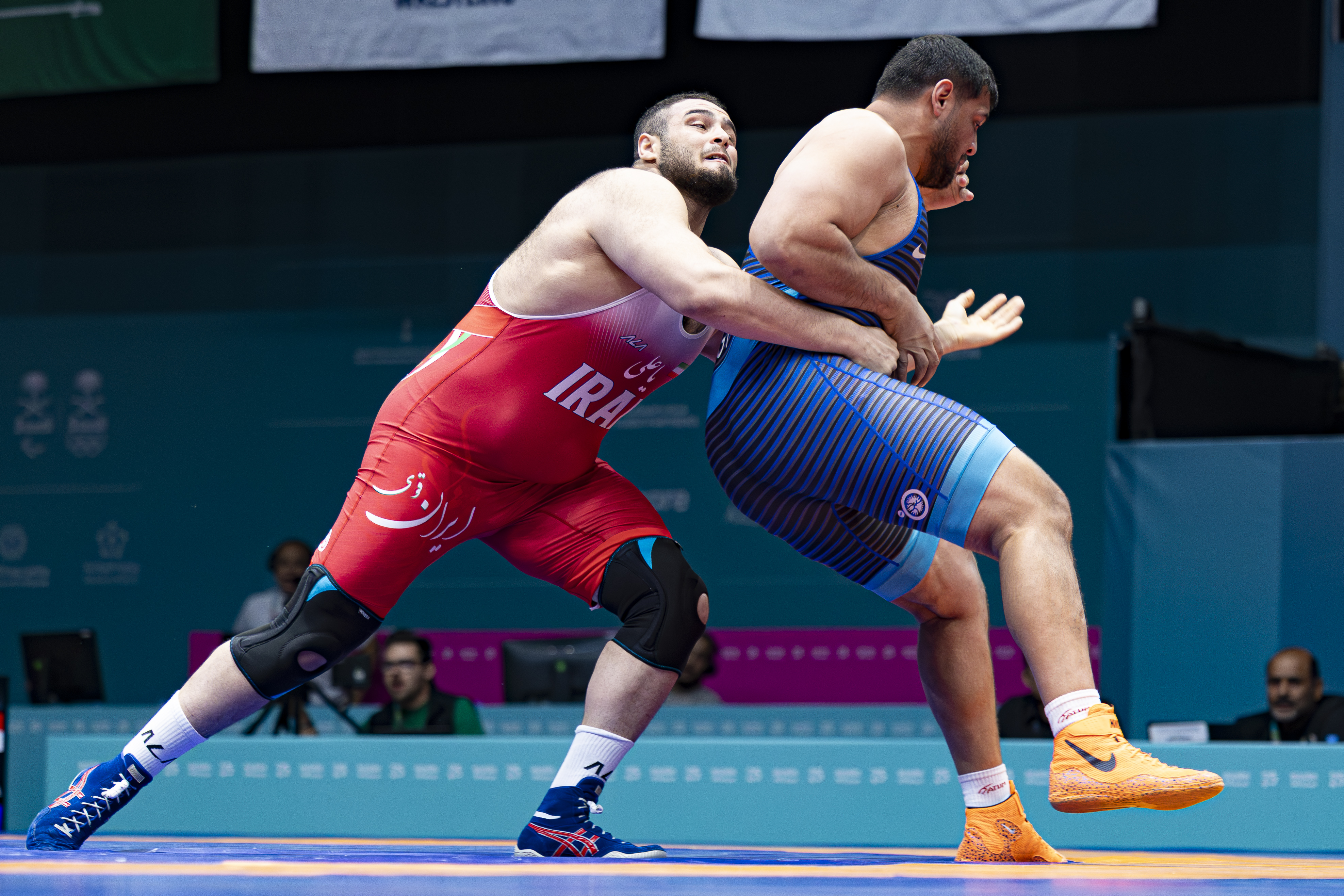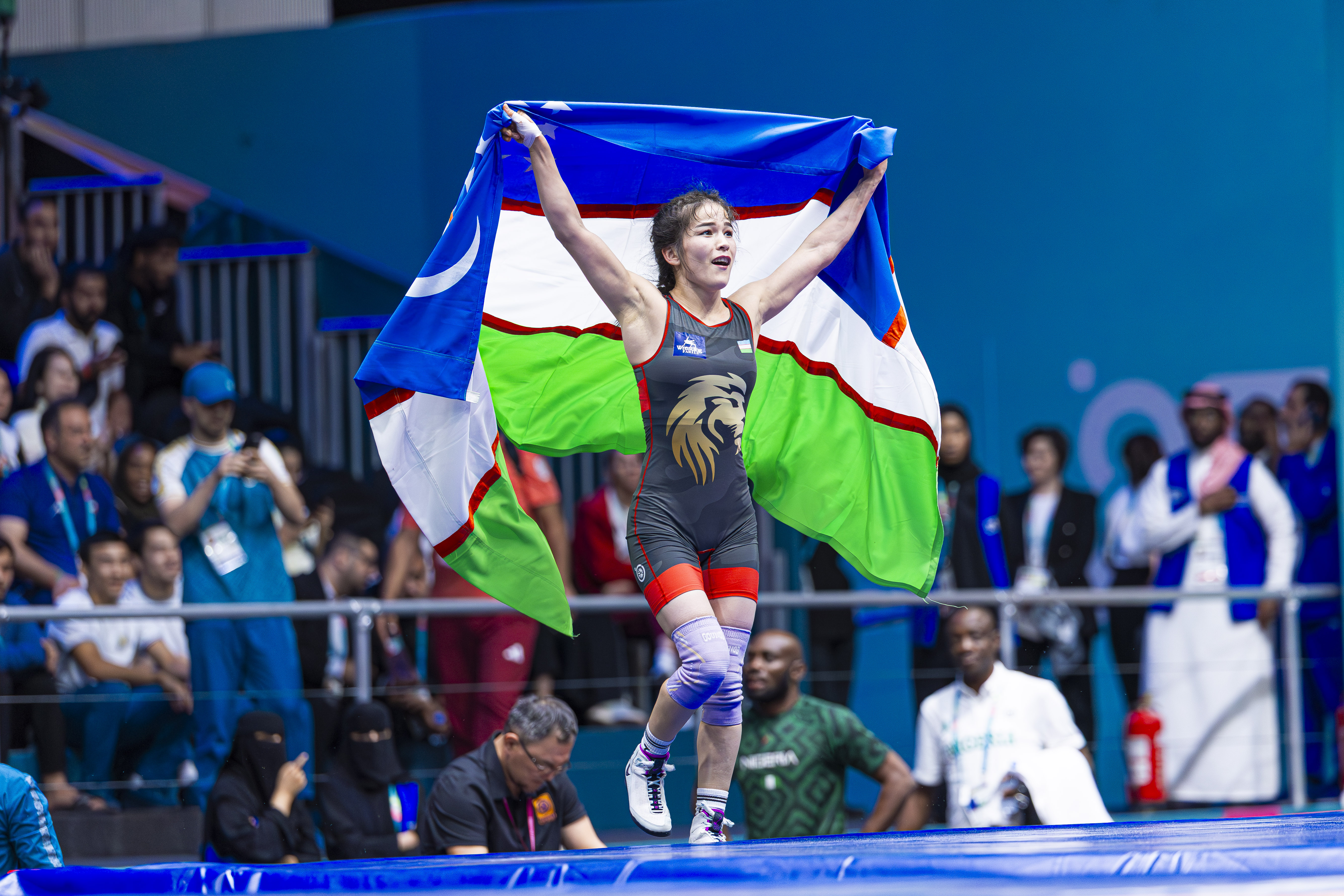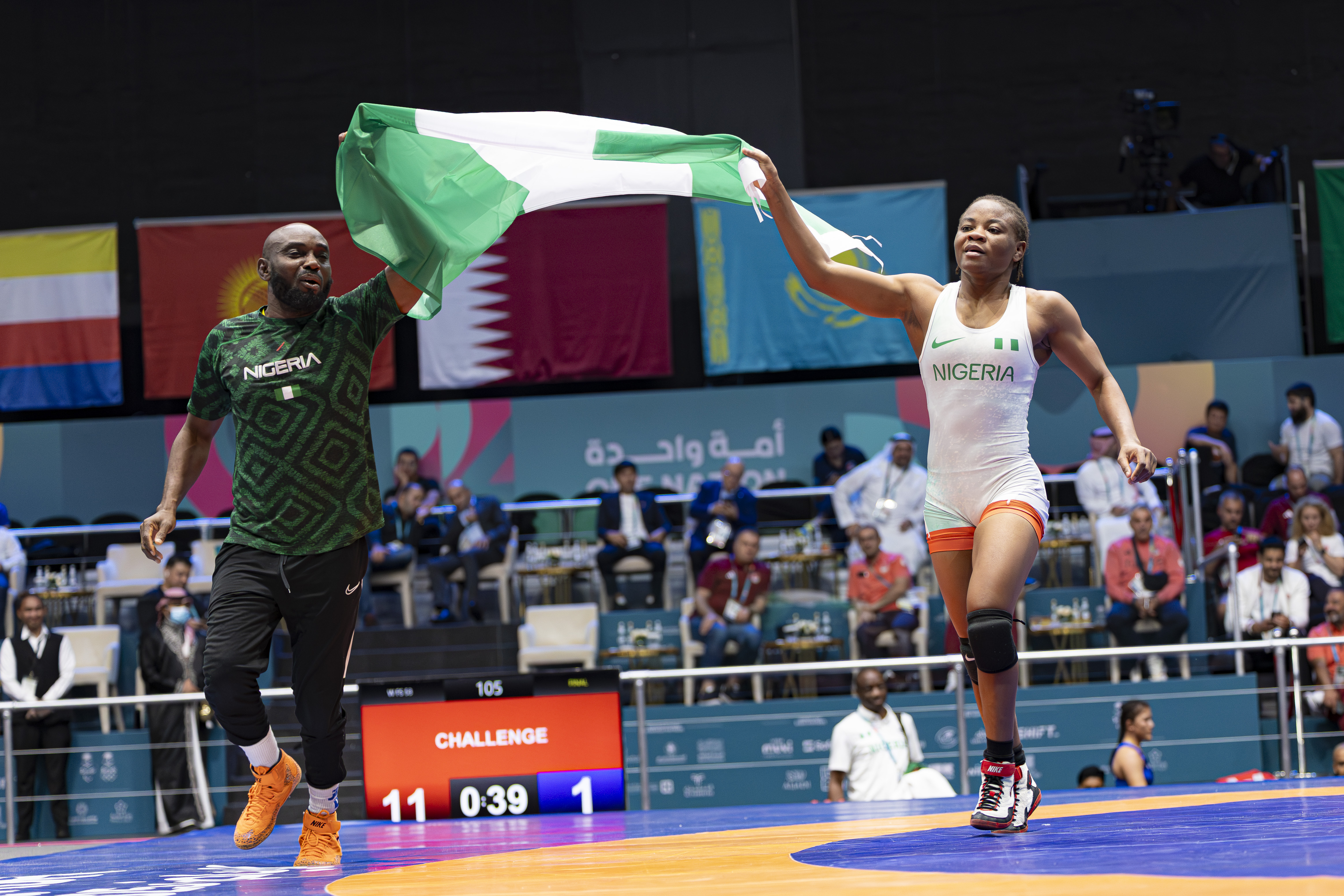Women in Sport: Coaches begin the WISH Programme
Sunday, September 4, 2022 - 06:32 By United World Wrestling Press

London, England (August 22) – Women in Sport High-Performance Pathway (WISH) kicked off the first edition of the programme on 23 May. WISH was designed to equip women coaches with the potential and ambition to gain roles at elite coaching levels within their sports. The programme is specifically designed to help coaches develop their sport-specific skills, leadership skills and behaviors and build confidence. United World Wrestling is participating along with seven other IF’s and is being supported by Olympic Solidarity, the University of Hertfordshire, and Females Achieving Brilliance (FAB).
United World Wrestling selected three coaches to participate in the first edition. Those coaches include Martine DUGRENIER (CAN), Aline DA SILVA (BRA) and Carissa HOLLAND (AUS). They recently had the opportunity to attend the Residential Session at the University of Hertfordshire (August 14-20). “The WISH Programme was really well conducted," said Carissa Holland. "We not only learn about leadership qualities and skillsets, but I learned a lot about myself (especially coming out of the recent Commonwealth Games in Birmingham).”
The residential session was a weeklong event where the coaches attended working sessions and participated in learning activities with the 24 other coaches in attendance. Some of the key learning points included leadership skills, creative problem-solving, creating connections, mindset, having uncomfortable conversations and visualizing the future, among many other topics.
Participants of the WISH programme gather for a photo. (Photo: United World Wrestling)
“The residential week was great. We had the opportunity to meet great people all around the world and learned from experienced well accomplished people," said Aline da Silva. "It was very inspiring. I have learned to embrace a leadership role, to empower others and enjoy the journey! I’m excited to see where the program will lead me over the next 20 months,” said Martine Dugrenier. “The week was more than I expected; I shared a lot with the coaches and improved my knowledge about my leadership. I came back home excited to improve all I learned there and keep the connections.”
The WISH Programme is a 21-month programme. These coaches will continue meeting with the WISH Leadership Team and work with their leadership mentors and sport-specific mentors. WISH was originally piloted as the WSLA High-Performance Coach Programme.
UWW participated in the original pilot program with four coaches. After a successful experience, the WISH Programme was developed and expanded to include participation by more International Federations. UWW has renewed its participation in the outstanding programme.



 Mohammadhadi SARAVI (IRI) turns Murad AHMADIYEV (AZE) from par terre in the 97kg final. (Photo: United World Wrestling / Kadir Caliskan)
Mohammadhadi SARAVI (IRI) turns Murad AHMADIYEV (AZE) from par terre in the 97kg final. (Photo: United World Wrestling / Kadir Caliskan) Fardin HEDAYATI (IRI) prepares to throw Mohamed ABDELLATIF (EGY) during the 130kg final. (Photo: United World Wrestling / Kadir Caliskan)
Fardin HEDAYATI (IRI) prepares to throw Mohamed ABDELLATIF (EGY) during the 130kg final. (Photo: United World Wrestling / Kadir Caliskan) Aktenge KEUNIMJAEVA (UZB) celebrates after winning the 50kg final. (Photo: United World Wrestling / Kadir Caliskan)
Aktenge KEUNIMJAEVA (UZB) celebrates after winning the 50kg final. (Photo: United World Wrestling / Kadir Caliskan) Christianah OGUNSANYA (NGR) won the gold medal at 53kg. (Photo: United World Wrestling / Kadir Caliskan)
Christianah OGUNSANYA (NGR) won the gold medal at 53kg. (Photo: United World Wrestling / Kadir Caliskan)
Share your thoughts.
Comments